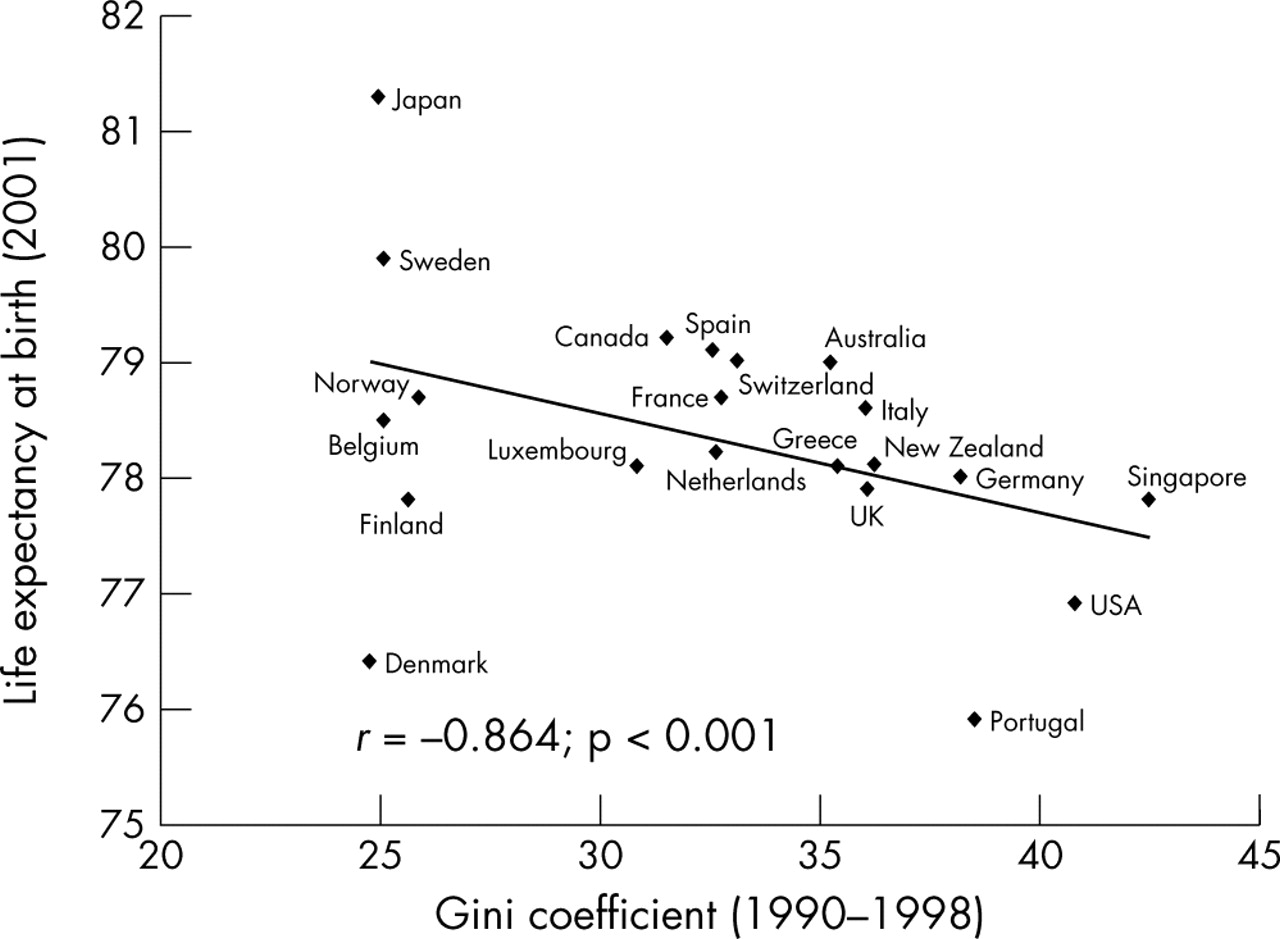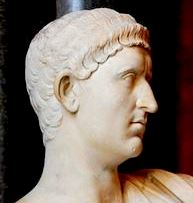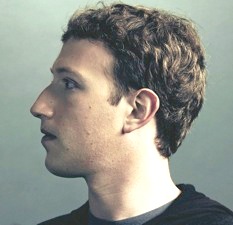|
The Annihilation of the Middle Class: The Beginning of the End from Ancient Rome to Modern America Featured in Zero Hedge Daniel Drew, 12/28/2014
"America�s like a beacon in the world. But I feel like I�m watching it go down the toilet in front of my eyes. I�m fairly certain that this country is going to have pockets of Third World poverty within 50 to 60 years." Blomkamp doesn't have to wait 50 or 60 years. America already has pockets of Third World poverty. Wealth inequality isn't just a political issue - it's a survival issue. When a society hits a certain level of economic disparity, it is set on a path towards destruction. It happened to the Roman Empire, and it will happen to the United States. If you look at the events leading up to the downfall of the Roman Empire, you would have a hard time not noticing the similarities to the United States. Members of the wealthy classes in ancient Rome fled to the countryside to set up independent fiefdoms for tax evasion purposes. Just before the Facebook IPO in 2012, Eduardo Saverin, the billionaire co-founder of Facebook, renounced his American citizenship and headed to Singapore. This was part of a not so elaborate scheme to avoid capital gains taxes on the sale of Facebook stock. And he's not the only one. In 2004, 158 people renounced their citizenship every 3 months. In 2014, 789 people were leaving every 3 months. In the fifth century, the Vandals claimed North Africa and began disrupting the Roman Empire�s trade by engaging in piracy in the Mediterranean Sea. In modern America, piracy has gone digital. We may be able to incinerate entire cities with nuclear reactions, but we can't stop someone from hacking into your bank account - someone who can take your money without actually having to deal with the hassle of guns, masks, and high speed police chases. This electronic piracy poses just as large of a threat to the country as the Vandals did to the ancient Romans. And just like the ancient Romans, we probably won't be able to stop the pirates from overtaking us. Rome�s economy depended on slaves to till its fields and work as craftsmen. Similarly, the modern American economy depends on the wage slave labor of Starbucks baristas with master's degrees, middle-aged McDonald's workers who can't feed their families without food stamps, and Walmart greeters with AARP memberships who can't live on their social security income. The American consumer drives the economy, and the retail slaves grease the wheels. American society has already far exceeded ancient Rome in its wealth inequality. Historians Walter Schiedel and Steven Friesen estimate that the 1% in ancient Rome controlled 16% of the wealth. In modern America, the 1% control 40% of the nation's wealth. Sylvia Allegretto, a labor economist, said the top 20% control 87.2% of wealth, and the bottom 80% control 12.8% of wealth. But this doesn't begin to tell you the full picture of the disparity. The combined wealth of the 6 children of the Walmart founders was $69.7 billion in 2007, which was equal to the total wealth of the entire bottom 30% of the country. However, that was in 2007 when Walmart stock was at $40. Now it's at $87. So that means that 6 people have over $140 billion and more than twice the wealth of the bottom 30%. Ironically, they have a charity called the Walton Family Foundation, but they don't seem interested in contributing to their own foundation. The contributions have been relatively small, and two of them haven't contributed 1 cent. An Oxfam International report listed some stunning data: Nearly 50% of global wealth is owned by 1% of the population. They control $110 trillion. The richest 85 people in the world control as much wealth as the bottom half of the population. That means 85 individuals have the same wealth as 3.6 billion people. In the United States, the 1% have captured 95% of growth from the "recovery" since 2009, while the bottom 90% became poorer. That's called trickle down your leg economics. In 2006, Warren Buffett said, "There�s class warfare, all right, but it�s my class, the rich class, that�s making war, and we�re winning." NASA funded a study to analyze risk factors of a societal collapse. In November 2012, the results were published. The first factor was not really that groundbreaking: resource depletion. The second factor was more political: high economic stratification. Wealth inequality is right up there in priority with environmental risks. The Gini Index (named after Corrado Gini) measures income inequality, and the CIA keeps track of it for countries around the world. There are good reasons why they keep track of the data: Countries with higher Gini coefficients (more inequality) have lower life expectancy and higher rates of violent crime. The CIA ranks 141 countries by their Gini coefficient. Lesotho and South Africa are the most unequal countries on the list. Elysium director Neill Blomkamp is from South Africa, and his experiences there influenced his films about inequality. More inequality is correlated with lower life expectancy. 
More inequality is correlated with higher theft. More inequality is correlated with higher homicide rates. Sweden has the lowest Gini coefficient on the list (highest equality). The Economist described the Nordic countries as the best-governed in the world. They are less cynical about government. Americans with Nordic roots are 10% more likely than the average American to believe that "most people can be trusted." At the National Bureau of Economic Research, the Nordic form of government has been called "cuddly capitalism," as opposed to "cutthroat capitalism." Think less Gangs of New York and more Ferris Bueller's Day Off. The Swedes enjoy a range of government benefits Americans can only dream of: 480 days of paid parental leave for child care, unemployment benefits for 80% of your salary, guaranteed state pensions, and elder care, which includes meal delivery, cleaning and shopping assistance, and transportation services. While the billionaires run to Singapore, the average American may eventually run to Sweden. What would the reason be? Refugee status? Seeking asylum from the cutthroat capitalists, the modern gangs of New York? The United States is #41, which means it is a more unequal society than 71% of the other countries on the list. America is more unequal than Iran, Uganda, Russia, Venezuela, Cambodia, Bangladesh, and Pakistan. Yes that's right - Pakistan - the country that sheltered Osama bin Laden and that features child massacres by the Taliban. Pakistan's rank is #119, which means it is in the top 16%. Remember, the Gini Index measures economic stratification - not total wealth of the country. So theoretically, you could have a country with widespread starvation, but if everyone suffers equally, the Gini coefficient could be near zero. You could argue that the Gini coefficient should be considered in context with other data. Obviously, it's preferable to live in the United States and not in Pakistan, but the Gini index still matters because equality and fairness are the foundations of democratic ideals. In 1975, the American economist Arthur Okun published a book called Equality and Efficiency: The Big Tradeoff. He argued that pursuing equality can reduce efficiency because it reduces incentives to work hard, and any type of redistribution efforts would have prohibitively costly administrative expenses. Okun was wrong. A report by the International Monetary Fund found that economic equality is important for sustaining long-term growth. I have previously discussed the downside of efficiency and why it shouldn't be the ultimate goal to strive towards. Not everything that is efficient is good. The guillotine was a huge advance in efficiency. Even if Okun had been correct about the alleged tradeoff between equality and efficiency, it would have been a tradeoff worth making. Too many economic thinkers view society as a machine which must be optimized for maximum output. Society is not a machine. It is a collection of valuable human lives. Another study by the London School of Economics and Political Science showed a correlation between innovation and economic equality. Countries with more inequality experienced less innovation. The Nordic model of cuddly capitalism shows that it's pointless to be an extremist - on the left or on the right. Whenever you have extremists in control, you end up with absurdity. The Swedes seek a middle ground, and their success shows it is a worthwhile effort. What will surprise some hard line capitalists is that Adam Smith would probably endorse the Nordic model if he were alive today. Adam Smith was a critical proponent of capitalism, and his concept of "The Invisible Hand" is a perpetual rallying call for the parishioners of the Church of Capitalism. The Invisible Hand says what is good for me is good for everybody. The Invisible Hand will allow the market to self-regulate without the need for government intervention. Anyone with half a brain can see that reality is obviously much more complicated than this, but the hard line capitalists are always ready to punch you in the face with their Invisible Hand. Adam Smith wasn't as stupid or dogmatic as his followers. In his defining work, The Wealth of Nations, he said, "When the regulation, therefore, is in support of the workman, it is always just and equitable; but it is sometimes otherwise when in favour of the masters...No society can surely be flourishing and happy, of which the far greater part of the members are poor and miserable. It is but equity, besides, that they who feed, clothe and lodge the whole body of the people, should have such a share of the produce of their own labour as to be themselves tolerably well fed, clothed and lodged.''This sounds like a pro-labor quote from Karl Marx, but it's actually straight from the original capitalist himself. The parallels of ancient Rome and modern America are startling and undeniable. The middle class is truly the life source of society. Without it, nothing is left but kings among slaves. These are the conditions that lead to uprisings. One day, there will be a new American Revolution, and it could be quite violent. US Supreme Court Justice Louis Brandeis said, "We may have democracy, or we may have wealth concentrated in the hands of a few, but we can't have both." |

